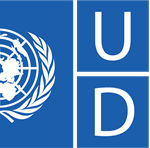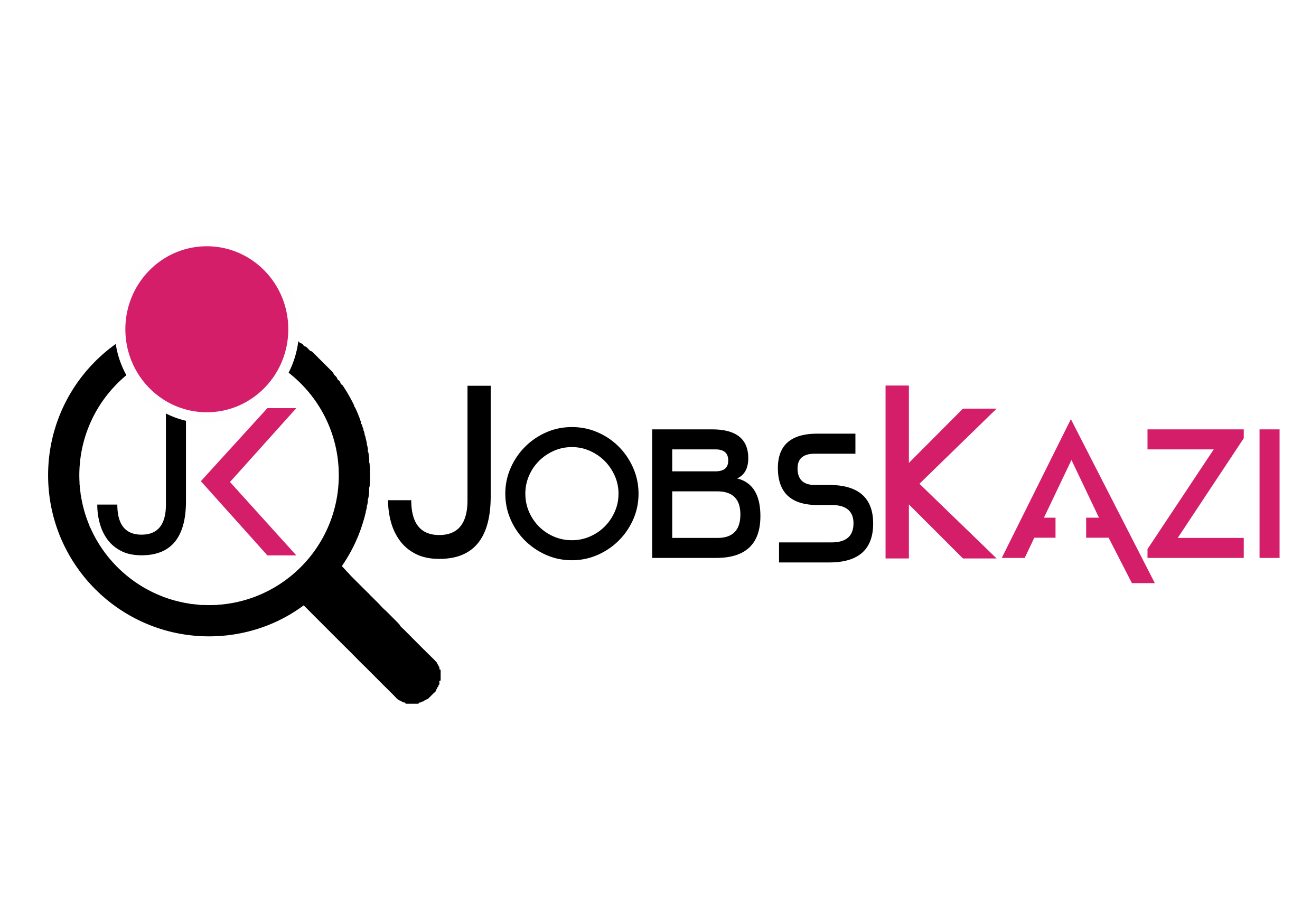Policy Specialist-Disaster Risk Reduction and Recovery Vacancy-Job Ref: JKUNDP/0628/2022106

UNDP
Policy Specialist-Disaster Risk Reduction and Recovery Vacancy-Job Ref: JKUNDP/0628/2022106
Nairobi (Kenya)
JOB DESCRIPTION
Background
UNDP is committed to achieving workforce diversity in terms of gender, nationality and culture. Individuals from minority groups, indigenous groups and persons with disabilities are equally encouraged to apply. All applications will be treated with the strictest confidence.
UNDP does not tolerate sexual exploitation and abuse, any kind of harassment, including sexual harassment, and discrimination. All selected candidates will, therefore, undergo rigorous reference and background checks.
Job Purpose and Organizational Context
The Recovery Specialist reports to the DRT Recovery Advisor. The Recovery Specialist provides policy and programme support, as well as technical guidance on recovery issues for UNDP, and represents UNDP in the wider recovery community of practice, including with the UN system, the World Bank, Regional Intergovernmental Organizations, Regional Development Banks, bilateral partners, external experts, etc. The Recovery Specialist will provide coherent policy and programme advisory services at the global level and across regions, as per the requirements of the UNDP Strategic Plan. The Recovery Specialist advances the credibility and recognition of UNDP’s capabilities in this knowledge domain and associated community of practice.
S/he works in close collaboration with other members of the DRT at HQ and Regional Hubs, with other thematic teams in the GPN, UNDP Country Offices, Global Policy Centers, and rosters of external advisors. S/he responds to requests from Country Offices under the overall guidance of the Head of the DRT based in Geneva, and the supervision of the Recovery Advisor based in New York/Geneva. S/he coordinates with corporate support providers, such as the UNDP Regional Bureaus, the Crisis Management Support Team, the Crisis and Fragility Engagement and Policy Team and the SDG integrator Team.
The Recovery Specialist is responsible for leading the following:
Advertisement
Substantive delivery of recovery related technical assistance, and policy and programme support
Substantive development of recovery related tools and resources
Knowledge management and community of practice for recovery
Advocacy and partner engagement for effective policy positioning on recovery
Duties and Responsibilities
1. Substantive delivery of recovery related technical assistance, and policy and programme support
Provide technical input for the design, development, and implementation of UNDP recovery and resilience building programmes at global, regional and national levels, as required;
Assist Regional DRR Advisors with the delivery of policy and programme support to Country Offices (COs), when required, in crisis response, recovery and resilience related to programmatic services in contribution to the implementation of UNDP’s strategic plan;
Participate in field missions, when required, in post-disaster situations and support to the coordination and conduct of Needs Assessments including post disaster needs assessments or other crisis assessments and the development of Recovery Frameworks (RF);
Support global monitoring and advice on UNDP’s recovery related programme resources, including TRAC 1.1.3 and relevant trust fund and programme resources;
Appraise country office requests for TRAC 3 Category II support in case of disasters and contribute to the preparation of appeals in post-disaster situations, in coordination with OCHA’s regional advisors, ensuring that UNDP programme needs are adequately reflected;
Provide sector specific and technical policy advice for crisis situations in coordination with Regional DRR Advisors and Crisis Management Support Team;
Deploy as a first responder and surge support to country offices when requested;
Support UNDP country offices in development of projects and programmes on recovery and provide technical assistance in implementation of country office projects;
Collaborate with UNDP global and regional Disaster Risk Reduction and Recovery Advisors, as well as other thematic teams on programmes related to crisis and recovery preparedness, including linkages to climate change, livelihoods, displacement, urban risk, fragility and gender issues;
Contribute to the development of strategy and approaches to increase national capacities for pre-disaster recovery planning and post-disaster recovery, including integrating recovery in national and regional disaster risk reduction strategies, policies and legislative system, or developing standalone recovery preparedness strategies, in high-risk contexts;
Support the implementation of global recovery programmes and projects.
Advertisement
2. Substantive development of recovery related tools and resources
Support the development and delivery of global recovery related training modules for programme countries and UNDP Country Offices to facilitate the practice on recovery preparedness and post disaster recovery, including assessments, institutional arrangements, policy, financing and implementation of recovery.
Provide technical expertise in developing tools, methodologies and producing knowledge management products on disaster recovery, with linkages to disaster risk reduction, resilience, climate change and other relevant themes.
Provide technical expertise, as required, on the content development for regional/CO knowledge products through the analysis of data, case evidence, and research findings on recovery.
Work across teams of the GPN to conceptualize and implement joint tools, methodologies and projects on recovery.
3. Knowledge management and community of practice for recovery
Compile, analyze, report and codify UNDP’s recovery experiences and lessons learned.
Support the development and effective application of Crisis Bureau’s knowledge management products and policy documents in collaboration with GPN teams and UN agencies.
Provide relevant substantive inputs to the UNDP global Community of Practice on Crisis Prevention and Resilience.
Advocate and enable South-South facilitation of exchanges and experiences sharing where valuable.
Support the capacity development of UNDP staff in application of recovery tools and practices.
Strengthen linkages with DRR, recovery and climate change communities of practice, both inside and outside of the UN system.
Contribute to relevant GPN Community of Practices in the thematic areas of disaster risk reduction & recovery, risk governance, resilience building and systemic risk management with a particular focus on supporting the Community of Practice on Crises Prevention and Resilience, including through webinars, online events, blogs and articles showcasing UNDP’s and member states’ policy and programme initiatives, progress and accomplishments.
Support planning and regular monitoring and tracking of results for various corporate, global and team reporting requirements as well as global reporting processes and tools, including the UNDP Strategic Plan (e.g. inter-bureau collaboration for ABP, IWP; ROAR; donor reporting).
Contribute to the development and review of knowledge products in close coordination with GPN and Regional Hub teams by analyzing and sharing lessons learnt and programme evaluation results.
Support Regional DRR Advisors respond to country office requests for information on global best practices and experiences on recovery together with partners and expert institutions.
Provide substantive input for the development of a global roster of outsourced personnel for recovery purposes including post crisis needs assessments.
4. Advocacy and partner engagement for effective policy positioning on recovery
Contribute to the development and nurturing of global partnerships with the EU, World Bank, UN agencies and regional intergovernmental organizations, bilateral partners, think tanks, academic institutions and non-governmental organizations to foster and strengthen the practice of recovery;
Participate in consultations and drafting of joint agreement and MOUs and statements of intent on recovery;
Foster partnership through attendance in regular meetings, contributions to joint knowledge products and joint conferences and workshops;
Support the Global Recovery team ’s engagement in partnerships through reporting and developing briefing notes and background information when required;
Support resource mobilization efforts through development of project concept notes and proposals;
Carry out any other relevant tasks assigned by the supervisor.
Competencies
Core
Achieve Results:
Set and align challenging, achievable objectives for multiple projects, have lasting impact.
Think Innovatively:
Proactively mitigate potential risks, develop new ideas to solve complex problems.
Learn Continuously:
Create and act on opportunities to expand horizons, diversify experiences.
Adapt with Agility:
Proactively initiate and champion change, manage multiple competing demands.
Act with Determination:
Think beyond immediate task/barriers and take action to achieve greater results.
Engage and Partner:
Political savvy, navigate complex landscape, champion inter-agency collaboration.
Enable Diversity and Inclusion:
Appreciate benefits of diverse workforce and champion inclusivity.
Cross-Functional & Technical competencies
Disaster Risk Reduction and Recovery – Disaster Recovery Policy, Planning and Programming
Knowledge of process and experience of supporting national governments to achieve efficiency in planning, implementing and monitoring recovery
Ability to advice, guide and design governments and UNDP country offices to develop comprehensive recovery programmes to assist recovery preparedness and post disaster recovery to build back better and sustainably.
Disaster Risk Reduction and Recovery – Post Disaster Needs Assessment and Recovery Planning:
Ability to support national governments, UN system, multilateral agencies in conducting joint assessments and developing recovery plans.
Disaster Risk Reduction and Recovery – Disaster Risk Reduction:
Knowledge of disaster risk reduction methodologies and concepts and ability to apply to strategic and/or practical situations.
Partnership Management – Multi-stakeholder Engagement:
Ability to engage with other agencies, donors, and other development stakeholders and forge productive working relationships.
Knowledge – Knowledge Generation:
Ability to research and turn information into useful knowledge and guidance, relevant for context or responsive to a shared need.
Knowledge – Knowledge Facilitation:
Ability to animate individuals and communities of contributors to participate and share, internally and externally.
Required Skills and Experience
Education
A Master’s degree, preferably in disaster management, development, social sciences, international affairs, development economics, or other relevant field, or extensive compensating experience in Disaster Risk Reduction and Recovery is required.
Experience, Knowledge, and Skills
A minimum of 5 years of professional work experience in providing policy and programme support advice, in the general area of disaster risk reduction and recovery, or related areas of environmental economics or natural resource management in different development contexts;
Experience in either public sectors (national or multilateral, including UN), or private sectors (academia, non-governmental sector, corporate);
Excellent writing, negotiating and communication skills and ability to mobilize support from a wide range of partners (public, private, academic, civil society, business community leaders)
Knowledge and experience within the UN system, UNCT coordination, UN/WB needs assessments in post-crisis countries;
Experience in conducting Post Crisis Needs Assessments is desirable;
Working experience in a crisis context is required.
Language:
Fluency in English is required;
Fluency in French or any other UN language is highly desirable.
Please click on the button below to Apply.

